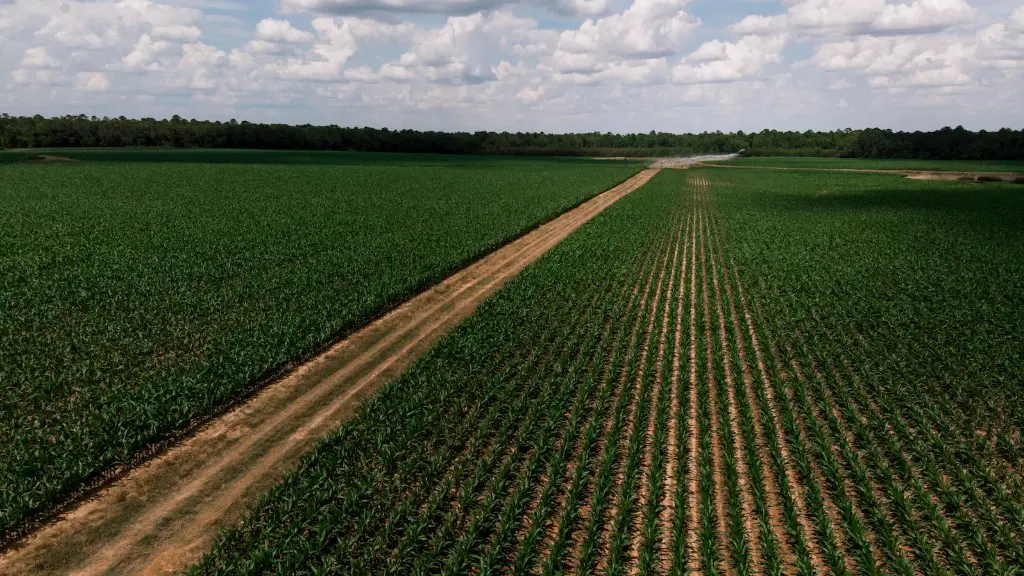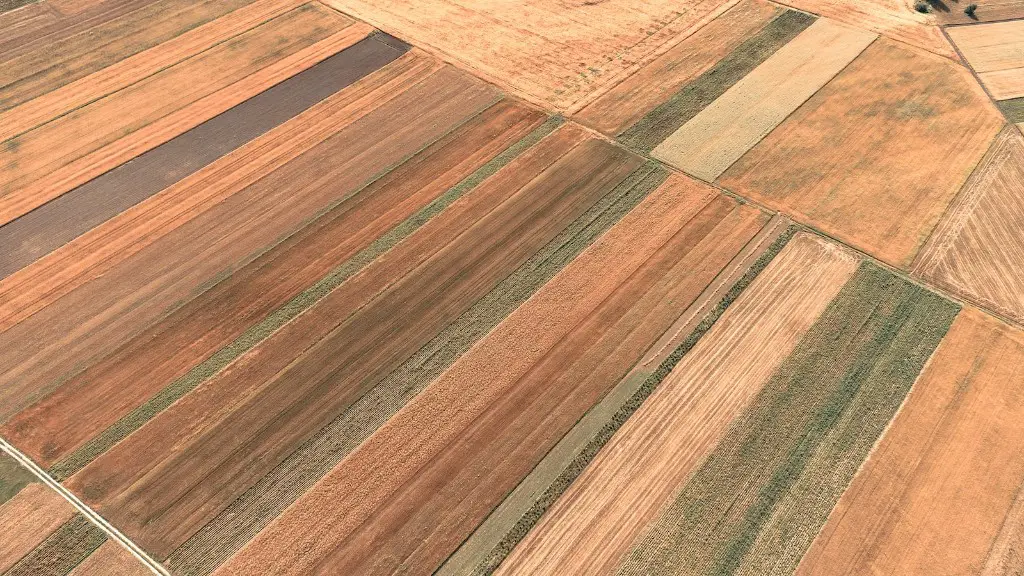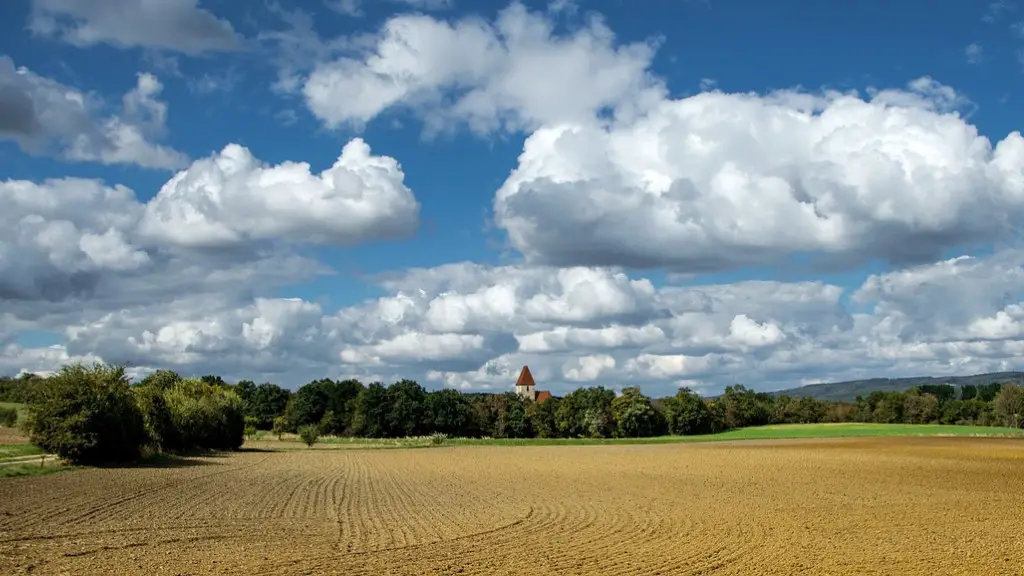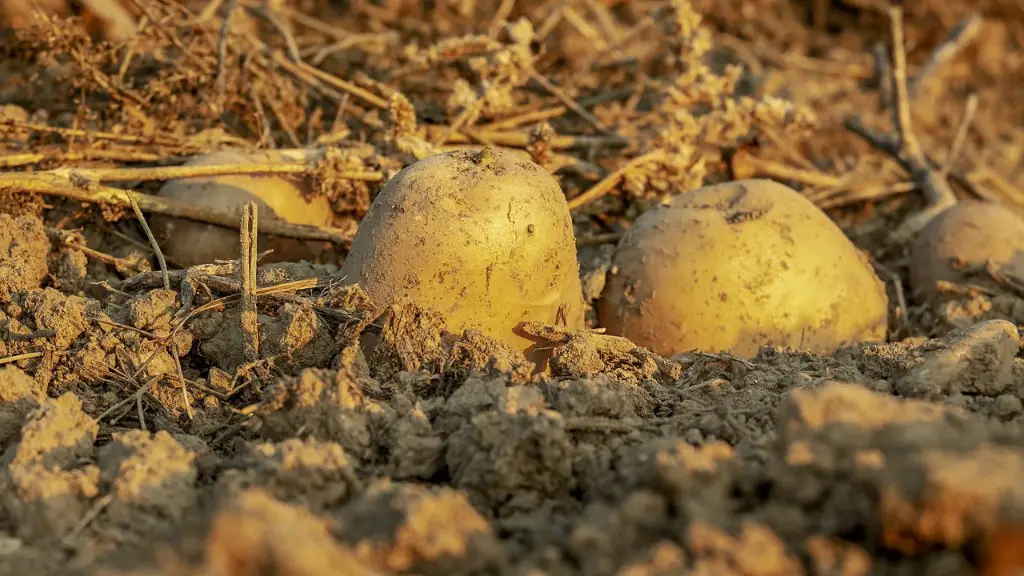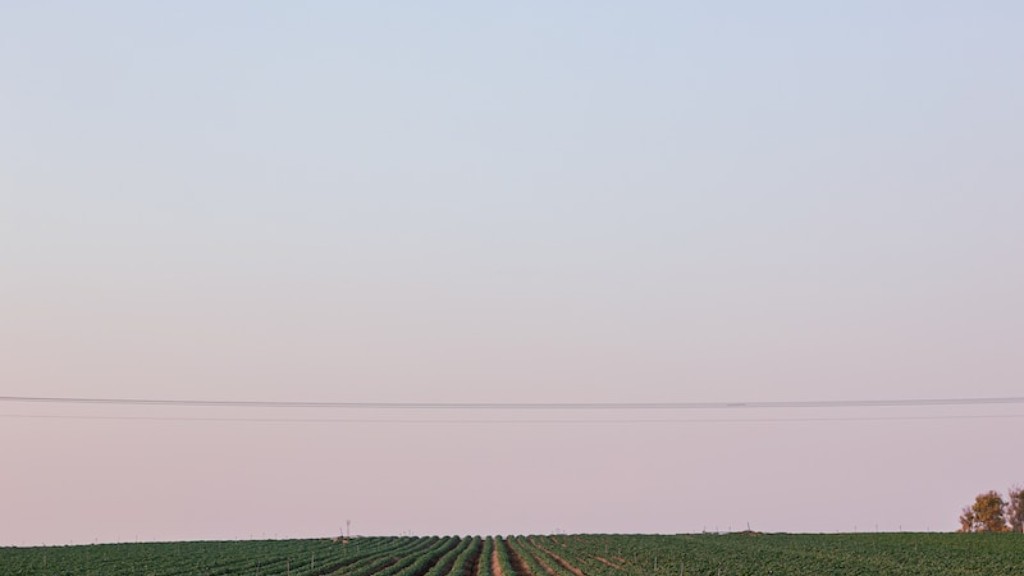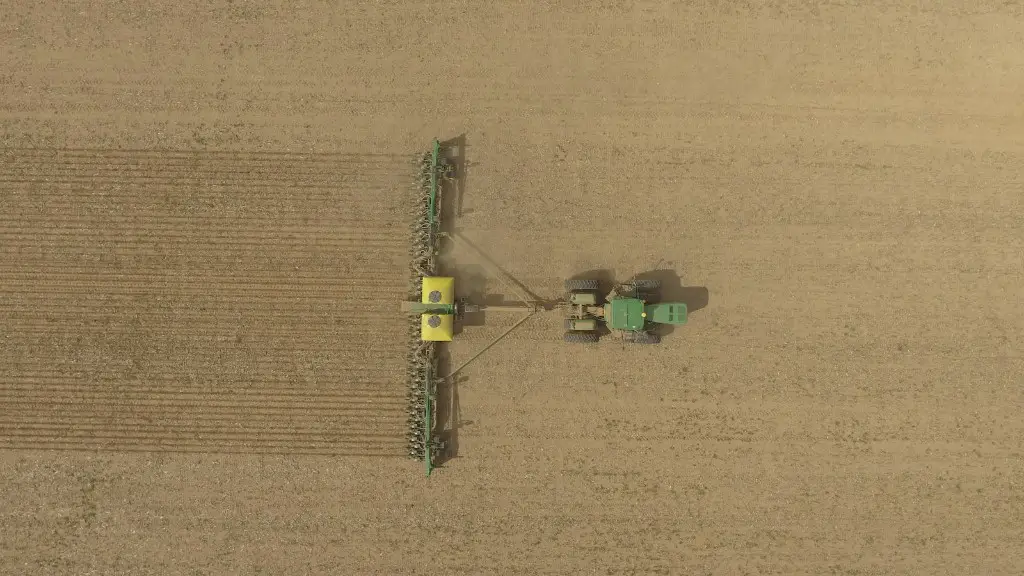Bees are important to agriculture for a variety of reasons. They pollinate plants, which helps to produce crops. They also produce honey, which is a valuable food source.
Bees are important to agriculture because they help pollinate crops.
What are 3 reasons why bees are important?
Bees are important for a variety of reasons. They help produce 1/3 of our food supply, help provide half of the world’s fibers, oils, and other raw materials, create many medicines, provide food for wildlife, and help prevent soil erosion.
Did you know that three-fourths of the world’s flowering plants and about 35 percent of the world’s food crops depend on animal pollinators to reproduce? That’s one out of every three bites of food you eat! More than 3,500 species of native bees help increase crop yields.
What would happen if bees went extinct
Bees are essential for the pollination of many crops, and without them, the availability and diversity of fresh produce would decline substantially. Human nutrition would likely suffer as a result, as crops that would not be cost-effective to hand- or robot-pollinate would be lost or persist only with the dedication of human hobbyists.
Bees are important pollinators in every ecosystem. They help support the growth of trees, flowers, and other plants, which provide food and shelter for many different creatures. By contributing to complex, interconnected ecosystems, bees allow a diverse range of species to co-exist.
Why would humans survive without bees?
We cannot live without bees because they play a vital role in the pollination of plants. Pollination is essential for the reproduction of plants, and without bees, many plants would not be able to reproduce. The United States Department of Agriculture estimates that pollinators like bees and butterflies help pollinate approximately 75 percent of the world’s flowering plants. They pollinate roughly 35 percent of the world’s food crops—including fruits and vegetables. This means that bees are essential for the production of food crops, and without them, we would not have many of the fruits and vegetables that we rely on for our sustenance.
The truth is, if honeybees did disappear for good, humans would probably not go extinct (at least not solely for that reason). But our diets would still suffer tremendously. The variety of foods available would diminish, and the cost of certain products would surge.
Which pollinator is most important to agriculture?
Since the European honey bee2 is the most important bee to domestic agriculture, it is important to understand the biology and behavior of this species. The European honey bee2 is a social insect that lives in colonies of up to 50,000 individuals. Each colony has one queen who lays all of the eggs, and the eggs hatch into larvae. The larvae are cared for by the worker bees, and when they pupate, they emerge as adult bees. The adult bees have different roles in the colony, with some bees specializing in foraging for nectar and pollen, and others specializing in guarding the hive or caring for the larvae.
pollinators are so important to us and our food supply! without them, we would not have nearly as much to eat. one out every three bites of food is because of pollinators and we should be thankful for them!
What is the single most important pollinator for agricultural purposes
While there are many pollinators out there, wild honey bees and native honey bees are some of the most well-known. They help to pollinate a variety of crops, and are often considered to be volunteers because of the tireless work they put in.
four yearsIt is traditional in any reference to the environmental threats to our planet to quote the physicist Albert Einstein when he said that if the bee disappeared from the surface of the globe, humanity would have only four years of life left, as food crops would have no one to pollinate them.
Einstein’s statement highlights the importance of bees in the life cycle of plants, and therefore in the human food supply. It is a stark reminder of how interconnected our ecosystems are, and how critical it is to protect all parts of it.
What are the top 5 reasons why bees are so important?
Bees are a vital part of our ecosystem and are responsible for pollinating a large percentage of the world’s crops. Without them, we would be in big trouble! They also produce honey and other products that are enjoyed by humans. We need to do our part to protect bees and their habitats.
Honey bees are a vitally important part of our ecosystem. They are managed and used to pollinate over 100 crops grown in North America, and contribute $15 billion to the US economy every year. Without honey bees, our agricultural industry would suffer immensely. That’s why it’s important to do everything we can to protect them!
Is keeping bees good for the environment
Research has shown that beekeeping can have a positive impact on the environment, reducing the impacts of protein and sugar systems. Water use is reduced more than land use and climate change, and sugar use and transportation induce most beekeeping impacts. However, when pollination is taken into account, the net-positive impact of beekeeping is revealed.
Bees play a vital role in the growth of many plants, including food crops. They visit over 90% of the world’s top 107 crops and are responsible for pollinating them. Without bees, many plants would not be able to grow and reproduce.
Why are bees important to the food chain?
Bees play a vital role in the pollination of our food supply and the reproduction of many plants. Without bees, we would not have nearly as much food to eat. That’s why it’s so important to protect bees and their habitats.
The importance of bees pollinating plants cannot be understated – if we lose bees, we lose a crucial link in the food chain that could have devastating consequences. While there are other pollinators, bees are responsible for a large percentage of plant pollination and their loss would be felt acutely. The loss of bees would mean the loss of many plants that they pollinate, which would in turn lead to the loss of animals who eat those plants. This would result in a complete destruction of the food chain as we know it, with devastating consequences for all life on Earth.
Will we starve without bees
Bees are essential for the food we eat – they help with pollination in order to produce seeds. Without pollination, we wouldn’t have the food supply that we rely on.
Since only the queen can produce females, the colony cannot survive without her. The sterile worker females can lay eggs, but they can’t mate with the male drones, and unfertilized eggs yield only males.
Final Words
Bees are important to agriculture for a variety of reasons. First, bees pollinate plants, which helps to produce healthier and more bountiful crops. Additionally, bees produce honey, which is a valuable natural resource that can be used in a number of ways. Finally, beeswax can also be used for a variety of purposes, including making candles and other products.
Bees are important to agriculture because they help pollinate crops. Pollination is necessary for plants to reproduce, and bees are one of the most efficient pollinators. Without bees, many crops would not be able to reproduce and would die out.
